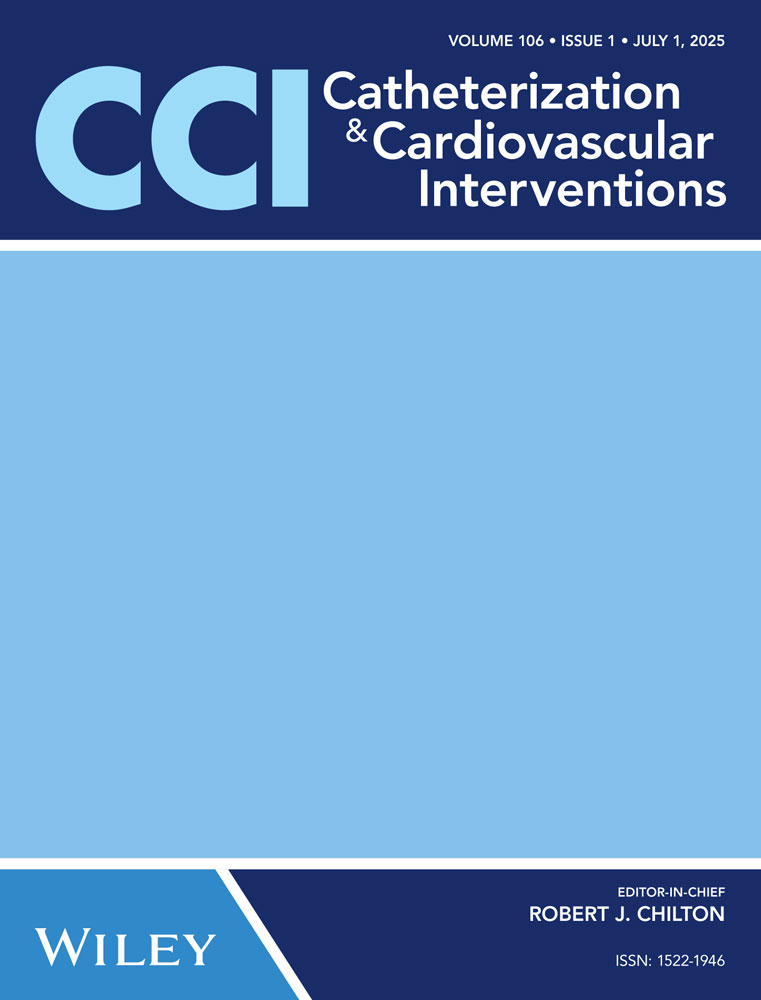Percutaneous closure of a periprosthetic leakage after mitral valve reoperation due to recurrent endocarditis†
Conflict of interest: Nothing to report.
Abstract
Paravalvular leakage following the atrioventricular valve replacement, though mostly harmless with insignificant morbidity, can result in heart failure and significant hemolysis that requires treatment. Reoperation is still the treatment of choice, but there is a high risk of recurrence, especially in patients with a history of endocarditis and/or those who have already undergone reoperation for paravalvular leakage. Recently, percutaneous closure of perivalvular leaks with occluders or coils have become an alternative to surgery. However, up to now, the collective of patients who benefit from this approach still has to be defined. Here, we present a case of a highly symptomatic 64-year-old male with severe hemolysis caused by paravalvular leakages after reoperation of a mechanical mitral valve replacement due to recurrent endocarditis. © 2009 Wiley-Liss, Inc.




